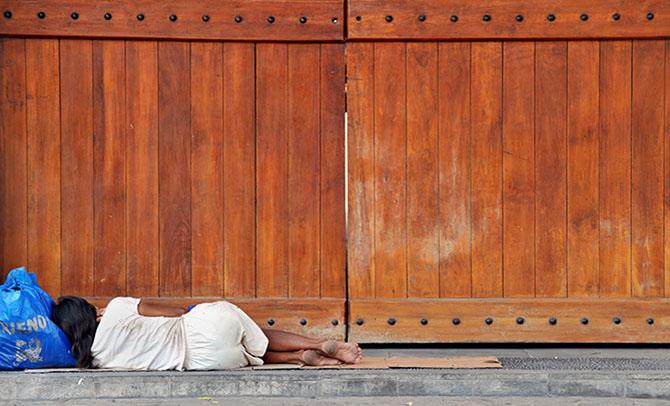JOURNAL | INDONESIA 360 by: Rodrigo Chaves
In recent years, there has been a strong focus on Indonesia’s economic growth rate. Policymakers and market analysts debate this growth and how to maintain it. Investors watch slight movements of percentage points. Less talked about, however, are benchmarks of equity in growth – benchmarks such as the Gini coefficient, which measures inequality in countries.The fact that concern about growth supersedes concern about inequality is important to highlight, because studies have shown inequality cannot be ignored. On the contrary, recent research shows that a high level of inequality contributes to slower economic growth. More important, inequality can spur social tensions and conflict. Indonesians remember well the protests and riots of 1998, prompted by perceived economic injustice. History is rife with examples of uprisings sparked by fury over inequality. Lastly, given Indonesia’s unique circumstances – the world’s fourth-largest population and largest archipelago, with hundreds of ethnic groups across far-flung provinces – reducing inequality is one benchmark by which to measure Indonesia’s capacity for sustainable and meaningful development. Inability to tackle inequality has repercussions for the country’s future for generations to come. As such, not addressing inequality today may impact Indonesia’s ability to reach its potential tomorrow.
To read the complete article, please subscribe.
To read the complete article, please subscribe.
THIS IS A PREMIUM ARTICLE
You must be logged in as a Strategic Review subscriber to continue reading. If you are not yet a subscriber, please subscribe to activate your online account to get full online access.
Click Here To Login,
Login
Login
BUY A PDF
Buy a premium PDF version of this article
Buy a premium PDF version of this article
SUBSCRIBE
Subscribe and get premium access to Strategic Review's content
Subscribe and get premium access to Strategic Review's content
Coments
Please login to leave a comment

 Ancient scourge exposes Indonesia's health care flaws
Ancient scourge exposes Indonesia's health care flaws  Border Five-O : Protecting Indonesia's territory
Border Five-O : Protecting Indonesia's territory  Indonesia's next terrorist fight
Indonesia's next terrorist fight